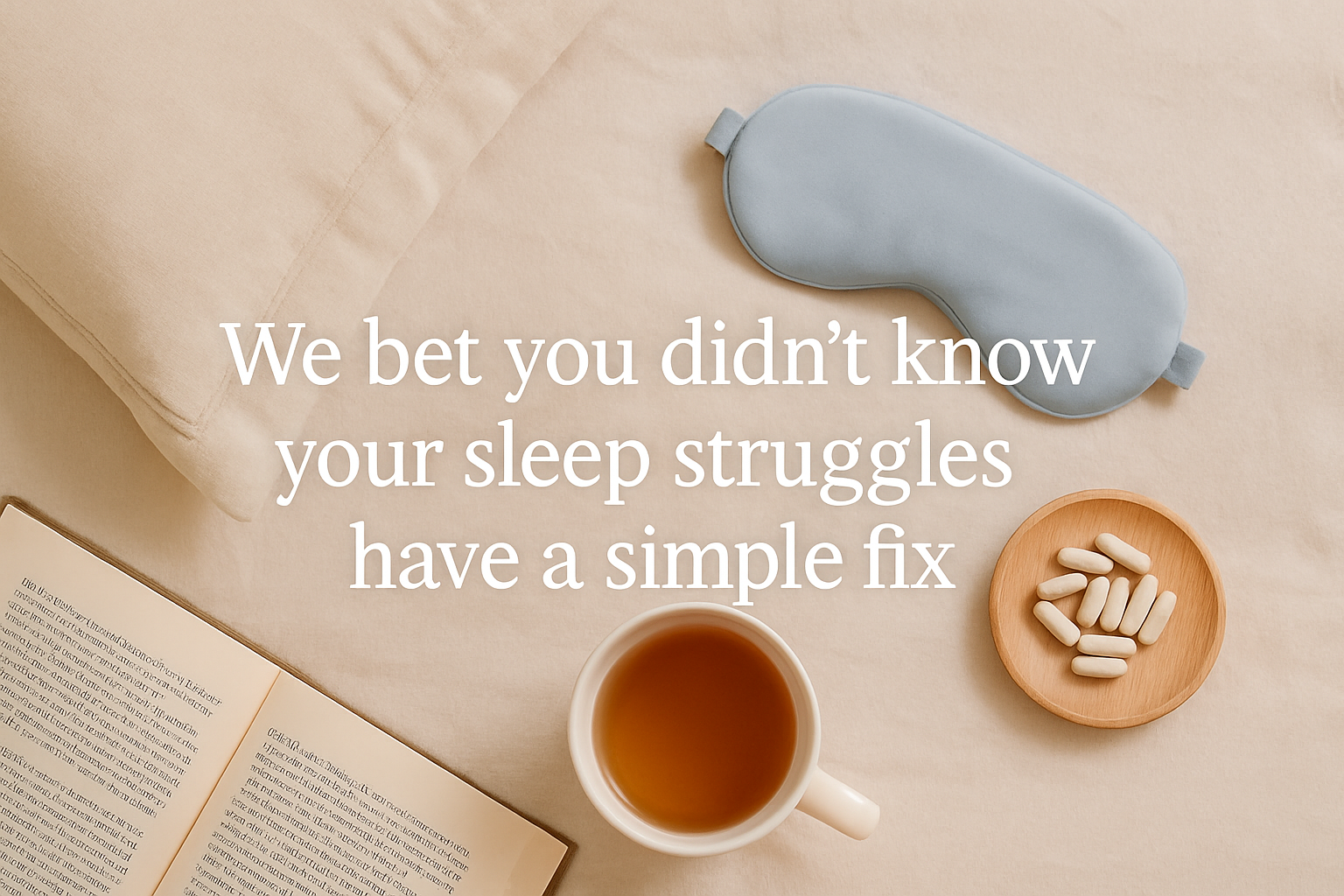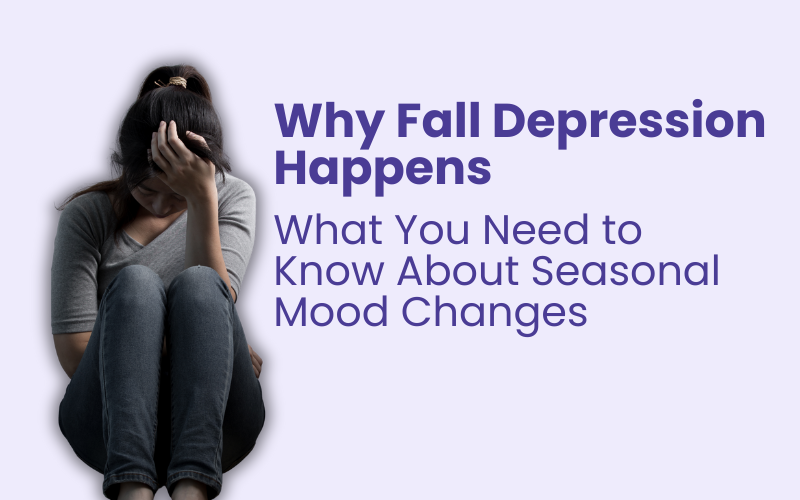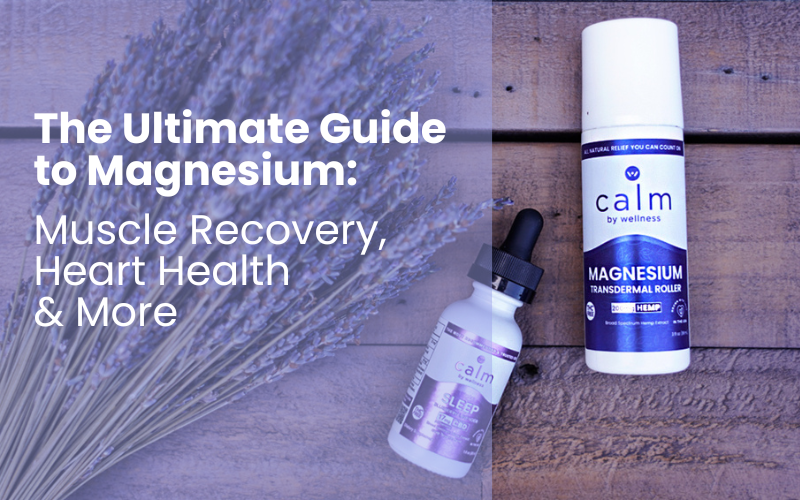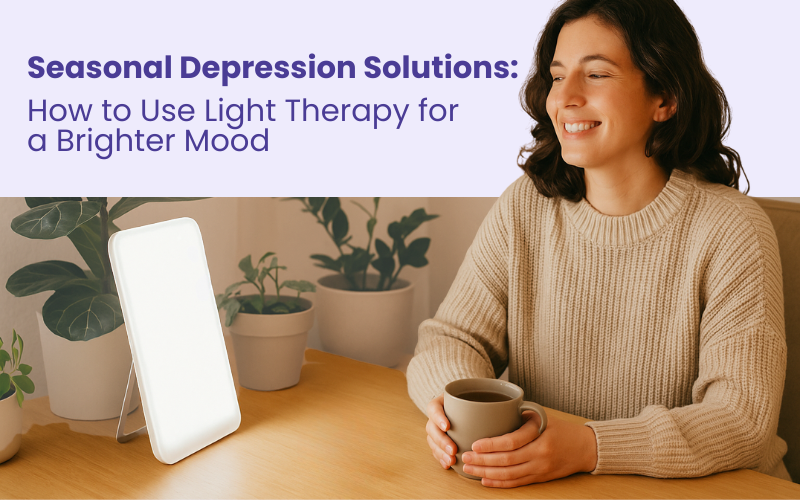10 Proven Stress Relief Techniques for Students to Try Today
Quick Summary What’s Actually Causing Student Stress? Let’s be real, school can be a lot. It’s not just about keeping up with grades. Many of
Excessive daytime sleepiness (EDS), also known as hypersomnia, is the persistent struggle to stay awake and alert during regular waking hours. You might doze off without realizing it, feel the urge to nap often, or feel mentally foggy despite getting a good night’s sleep.
If you experience this regularly, especially when it affects your ability to work, drive, or concentrate, it’s a sign that something deeper may be going on.
Being sleepy all day isn’t just inconvenient; it’s potentially risky. EDS is linked to:
These effects can sneak up on you, but over time, they can seriously impact safety, relationships, and performance.
Excessive daytime sleepiness can stem from a mix of causes, including:
Sometimes it’s one major factor, but often it’s a combination.
Let’s explore some simple, research-backed strategies to reduce daytime drowsiness and stay more energized.
Good sleep starts with consistent, healthy bedtime routines. Try:
According to the CDC and Sleep Foundation, most adults need at least 7 hours of sleep each night to feel rested and alert.
Late-night work sessions can throw off your circadian rhythm, making it harder to fall or stay asleep.
Tips to manage:
When your brain gets a break from stimulation, sleep comes more naturally.
Many common medications can lead to drowsiness, including:
Don’t stop taking medication without consulting your doctor, but do ask if there’s a non-drowsy alternative. Adjusting timing or dosage might help reduce the impact on your alertness.
Believe it or not, music can influence your energy and focus. Listening to upbeat or rhythmic music may help you stay more awake during the day.
Meanwhile, calm music or ambient sounds can support better sleep at night.
A study found that music significantly affects brainwave activity and attention, and it’s an easy tool to try at home or at work.
Even light physical activity can reset your energy and reduce fatigue.
According to research, people who exercise regularly report better quality sleep and more daytime energy.
These two are sneaky contributors to poor sleep and next-day grogginess.
Experts at the NIAAA suggest limiting both, especially after mid-afternoon.
If lifestyle changes don’t make a dent in your sleepiness, it might be time to get checked out. A sleep study or physical exam can rule out conditions like:
According to the NHBLI, untreated sleep disorders can increase the risk of heart disease, stroke, and diabetes. Don’t ignore persistent symptoms.
Talk to a healthcare provider if:
Sleep issues are highly treatable once diagnosed. Early intervention can dramatically improve your energy and health.
If lifestyle changes alone are not helping enough, there are additional options that may support better sleep and reduce daytime tiredness.
Certain supplements may improve sleep quality and help regulate your body clock, especially if your schedule is disrupted by shift work or jet lag. Common options include:
Always check with a healthcare professional before starting any supplement, especially if you take other medications.
Depending on the cause of your excessive sleepiness, a doctor may suggest prescription treatments such as:
Because every sleep issue is different, it is best to work with a healthcare provider to choose the safest and most effective option for your situation.
Excessive daytime sleepiness can make daily life a struggle, but it’s not something you have to live with.
By improving your sleep hygiene, reducing late-night work and stimulants, staying active, and getting professional help if needed, you can reclaim your focus, safety, and energy.
It’s not about instant fixes, but about consistent changes that build toward lasting improvement.
Quick Summary What’s Actually Causing Student Stress? Let’s be real, school can be a lot. It’s not just about keeping up with grades. Many of

Quick summary Can’t Fall Asleep Fast? Start Here Lying in bed and staring at the ceiling can feel frustrating and endless. Whether your mind is

Quick Summary: What Is Fall Depression? You’re not imagining it. The drop in your energy, mood, and motivation as autumn sets in is real. Often

Quick Summary Introduction If you’re curious about magnesium supplements for muscle recovery, heart health, or just feeling better overall, you’ve come to the right place.

Quick Summary What Is Seasonal Depression (SAD)? As the days grow shorter in the fall, many people notice that they’re sleeping more, craving carbs, and